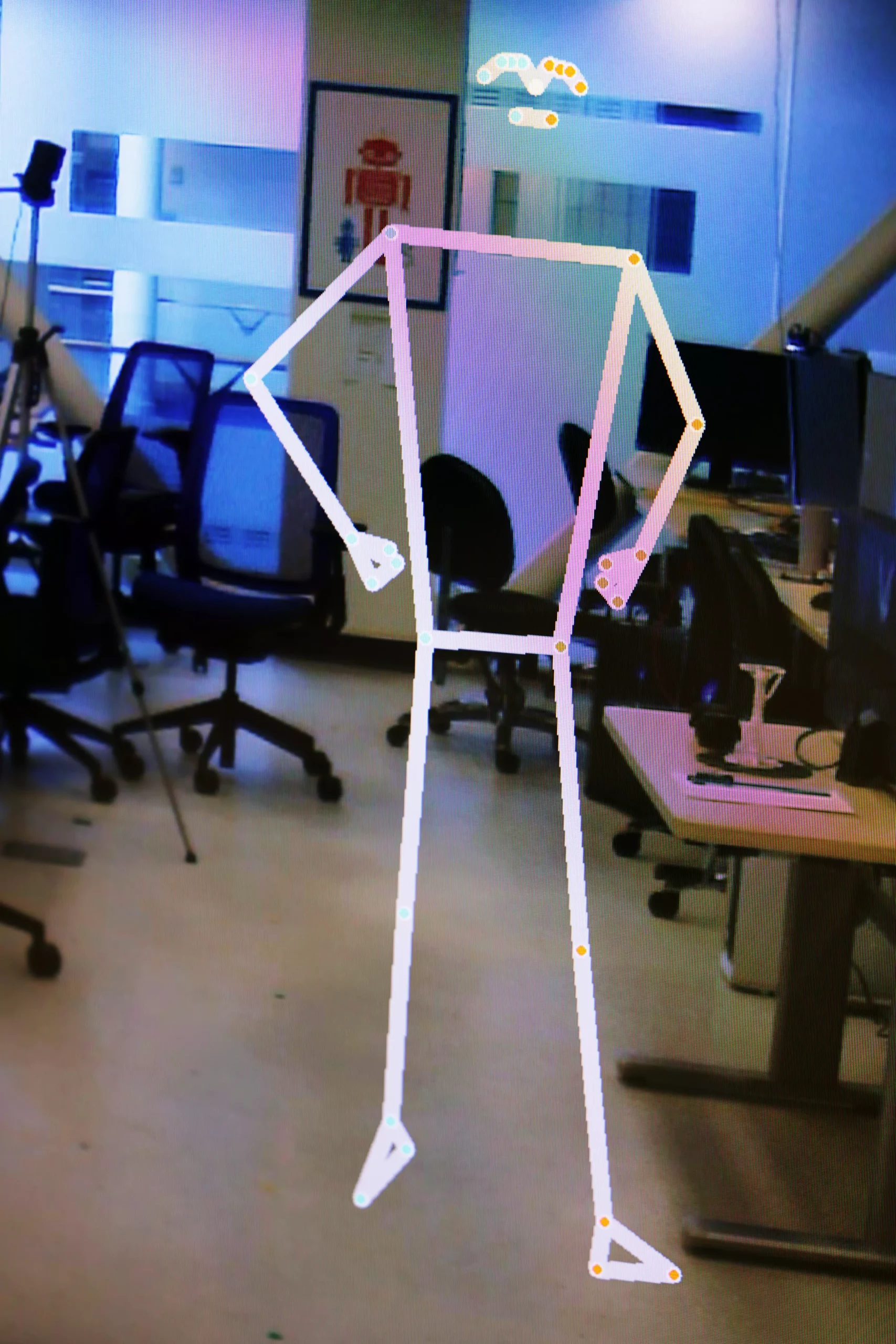PrivacyLens is a groundbreaking camera developed by engineers at the University of Michigan that has the ability to prevent companies from collecting embarrassing and identifiable photos and videos from devices like smart home cameras and robotic vacuums. Unlike traditional cameras, PrivacyLens uses both a standard video camera and a heat-sensing camera to identify people in images based on their body temperature. Once the person is detected, their likeness is completely replaced by a generic stick figure, preserving their anonymity while allowing the camera to continue functioning without compromising their privacy.
In today’s world filled with camera-equipped devices that collect and upload information, the risk of private moments being leaked onto the internet is ever-increasing. An incident in 2020, where a photo of a person on the toilet taken by an iRobot Roomba was shared online, highlights the importance of protecting personal data collected by smart home devices. Alanson Sample, U-M associate professor of computer science and engineering, emphasizes the necessity for smart devices to remove personally identifiable information before sending sensitive data to private servers to ensure user safety.
Enhanced Privacy Features
PrivacyLens ensures that raw photos are never stored on the device or in the cloud, eliminating the risk of unauthorized access to unprocessed images. The engineering team behind the device aims to address privacy concerns related to using cameras for monitoring chronic health conditions and fitness at home. By replacing patients in images with stick figures, PrivacyLens makes individuals more comfortable with the idea of having a camera in even the most private areas of their homes.
Empowering Users
One key feature of PrivacyLens is the inclusion of a sliding privacy scale that allows users to control the degree to which their faces and bodies are censored in images. This level of customization gives individuals the power to determine who has access to their private information and in what context. The device aims to provide users with a sense of ownership over their data and empower them to make informed decisions about their privacy.
PrivacyLens has the potential to not only revolutionize personal privacy but also to enhance security in public spaces. Vehicle manufacturers could utilize the technology to prevent autonomous vehicles from being used for surveillance purposes, while companies collecting data outdoors might find it useful for complying with privacy regulations. By prioritizing data security and anonymity, PrivacyLens offers a versatile solution for a wide range of industries and scenarios.
PrivacyLens represents a significant advancement in the realm of privacy protection, offering a proactive solution to the growing concerns surrounding data security and personal information. By combining innovative technology with user empowerment, this device has the potential to reshape the way we approach privacy in an increasingly interconnected world.


Leave a Reply